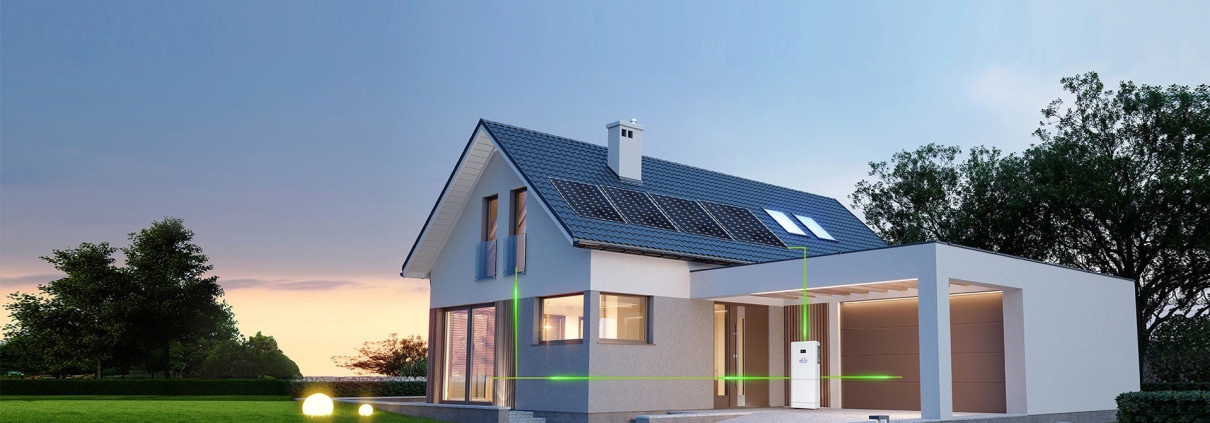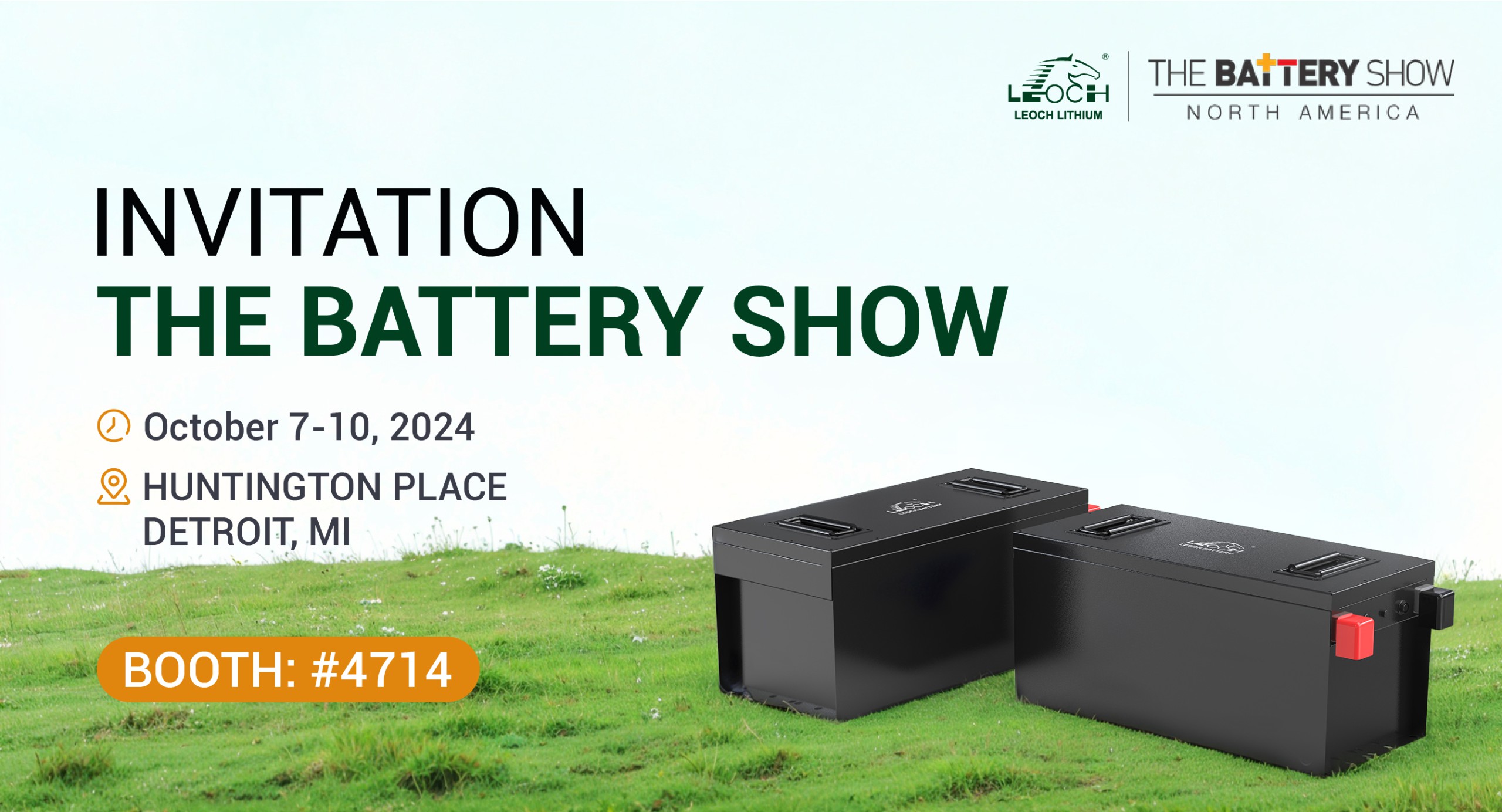The 2025 Iberian Blackout: Rethinking Home Energy Resilience Through Storage Solutions
- Introduction: A Wake-Up Call for Households
On April 28, 2025, a catastrophic power outage engulfed Spain, Portugal, and parts of France, leaving over 50 million people in darkness. Dubbed the “Iberian Blackout,” the event paralyzed daily life: metro systems halted mid-commute, hospitals scrambled to activate backup generators, and families faced hours without refrigeration, lighting, or communication. While authorities restored power within days, the crisis exposed the fragility of centralized energy systems—and underscored the urgent need for household-level solutions like home energy storage.
- Causes of the Blackout: A Perfect Storm
The outage stemmed from a convergence of technical and structural failures:
- Grid Disconnection: A critical high-voltage link between France and Spain failed, isolating the Iberian Peninsula from the European grid. This triggered a domino effect, with Spain’s electricity demand plummeting from 25,184 MW to 12,425 MW in seconds.
- Renewable Energy Challenges: Spain’s grid, powered by 56% renewables at the time, lacked the rotational inertia of fossil-fuel plants to buffer sudden frequency fluctuations.
- Temperature-Induced Oscillations: Unusual temperature swings destabilized transmission lines, amplifying voltage irregularities.
These factors revealed a paradox: while renewable energy drives decarbonization, its intermittency demands smarter grid management and decentralized backup systems.
- Impacts on Households: Chaos in the Dark
For families, the blackout was more than an inconvenience—it was a threat to safety and well-being:
- Trapped in Elevators: Over 280 people were stranded in Madrid’s elevators, requiring emergency rescues.
- Food and Medication Spoilage: Refrigerators lost power, ruining perishables and temperature-sensitive medicines like insulin.
- Communication Blackouts: Mobile networks collapsed, leaving families unable to check on vulnerable relatives or access emergency updates.
- Healthcare Risks: Home medical devices, such as CPAP machines, became inoperable, endangering patients.
The event highlighted how deeply modern households depend on uninterrupted power—and how vulnerable they are without it.
- Essential Precautions During a Blackout
To mitigate risks in future outages, families should:
- Avoid Elevators: Use stairs and assist elderly or disabled neighbors.
- Preserve Refrigerated Goods: Keep fridge doors closed; a full freezer maintains safe temperatures for ~48 hours.
- Prepare Emergency Kits: Include flashlights, portable chargers, bottled water, and non-perishable food.
- Unplug Sensitive Electronics: Protect devices from voltage surges when power returns.
- Building Resilience: The Case for Home Energy Storage
Reactive measures are insufficient. Proactive adoption of home energy storage systems (HESS) offers a transformative solution. These systems store electricity from solar panels or the grid, providing backup power during outages and reducing reliance on centralized networks.
- How Home Energy Storage Works: Powering Independence
A typical HESS integrates three components:
- Solar Panels: Generate electricity during daylight.
- Battery Storage: Stores excess energy (e.g., LiFePO4 batteries with 6,000+ cycle life).
- Smart Inverter: Manages energy flow between panels, batteries, and household loads.
Key Benefits:
- Uninterrupted Power: Seamless switch to battery backup during outages (response time <2 seconds).
- Cost Savings: Use stored solar energy during peak tariff hours, slashing bills by 30%.
- Environmental Impact: Reduce household carbon footprints by maximizing renewable use.
- LEOCH Home Energy Storage: Engineering Resilience
While the Iberian Blackout underscored systemic risks, solutions like LEOCH’s Home ESS empower families to take control:
- Ultra-Safe LiFePO4 Batteries: Non-flammable chemistry ensures safety, even in extreme temperatures.
- Modular Scalability: Expand capacity from 5 kWh to 30 kWh+ as needs grow.
- Smart Energy Management: Monitor usage via mobile apps, prioritize critical loads (e.g., medical devices), and optimize self-consumption.
- Grid Support: Stabilize local networks by reducing peak demand and feeding surplus energy back.
LEOCH’s systems exemplify how technology can transform households into resilient “energy islands,” immune to grid failures.
Conclusion: From Vulnerability to Empowerment
The 2025 Iberian Blackout was a stark reminder of our dependence on fragile energy infrastructures. Yet, it also illuminated a path forward: decentralized, intelligent home storage systems. By adopting solutions like LEOCH’s ESS, families can secure their energy independence, reduce costs, and contribute to a sustainable future. As renewable adoption accelerates, such innovations will be pivotal in bridging the gap between decarbonization goals and grid reliability—ensuring that no household is left in the dark again.



